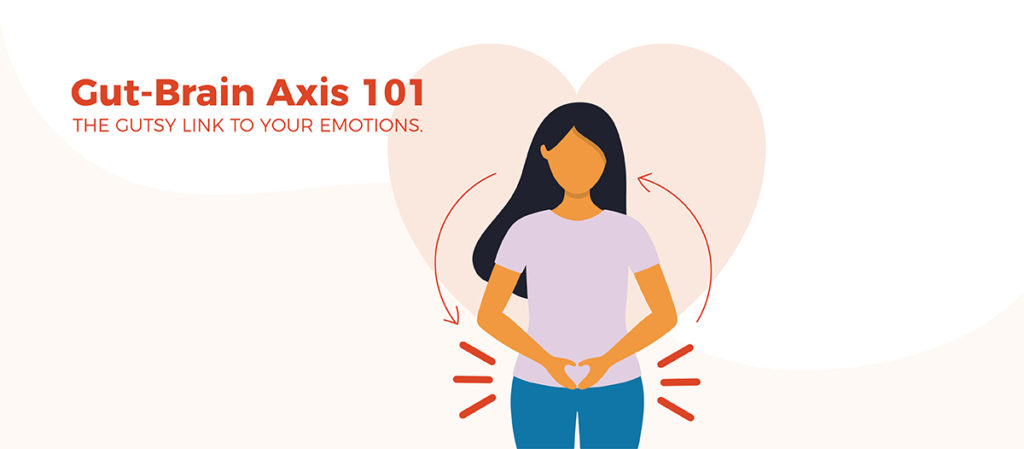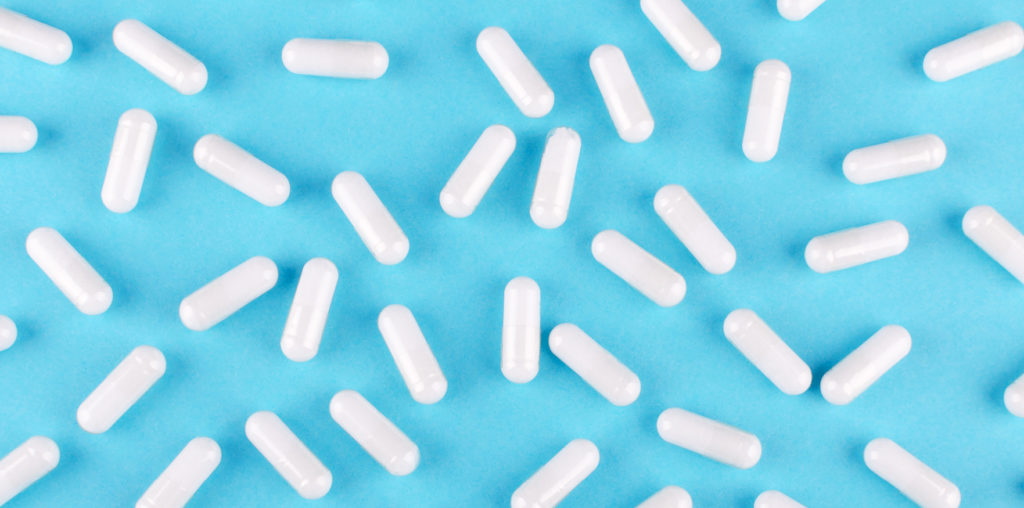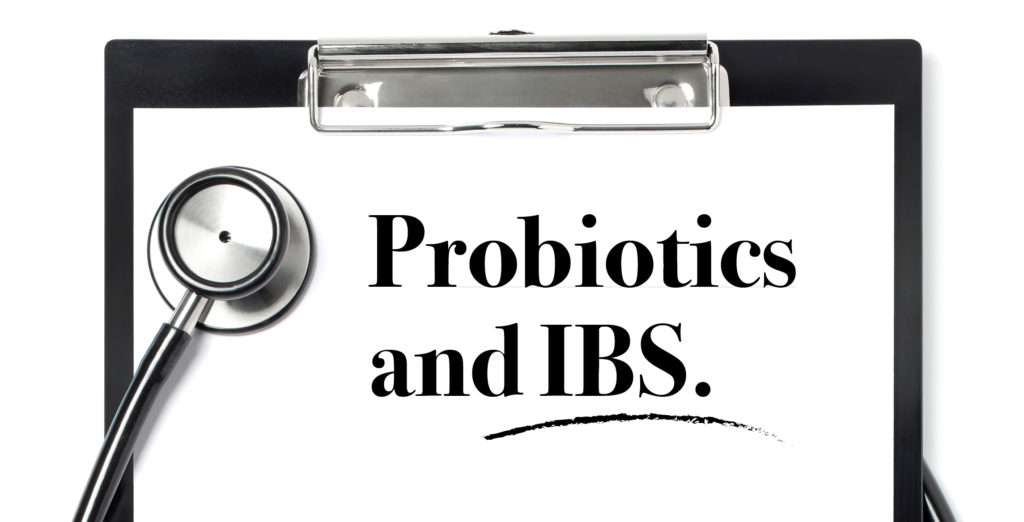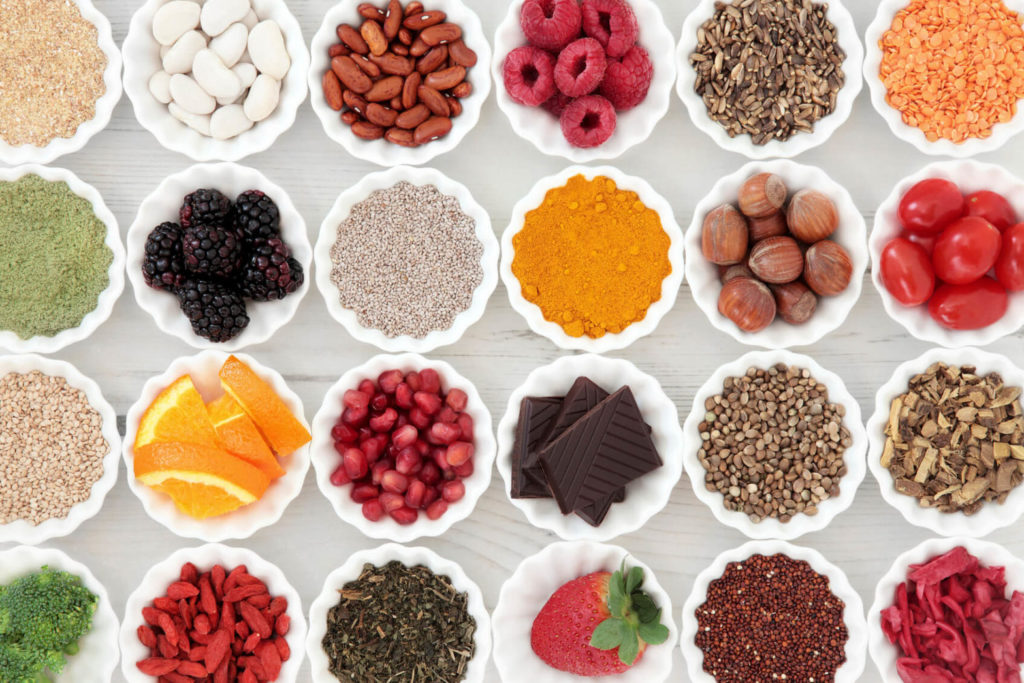Reduce Inflammation With Multi-Strain Probiotics
Reduce Inflammation With Multi-Strain Probiotics
If you’ve experienced a cut, low-grade fever or a broken toe, you know what inflammation feels like.
Inflammation is a very necessary signal from your body’s immune system in the form of pain, warmth, swelling or redness that lets you know healing is on the way. Fortunately, much of the inflammation our bodies experience is acute and gets resolved pretty quickly.
However, chronic inflammation is a much more serious problem that can be triggered in the very same ways, but it often doesn’t go away, even after the initial problem gets resolved.
The real challenge, especially for seniors, is preventing chronic inflammation, and there’s many lifestyle modifications you can make to lower your risks.
- Maintaining a healthy weight.
- Managing your stress.
- Eating a healthier diet.
- Making time for exercise.
- More relaxing sleep.
Adding a multi-strain probiotic and an omega-3 supplement (with vitamin D) every day to your anti-inflammatory to-do list may help too, according to a recent study appearing in Nutrients.
Curbing Chronic Inflammation
A team of European scientists were eager to study simple, non-drug ways to curb the effects of inflammaging, a chronic, low-grade form of inflammation that develops as seniors age, increasing their risks of health problems.
Over the course of eight weeks, researchers tracked the health of 76 elderly patients (ages 65-80) who took placebos or a multi-strain probiotic containing Bifidobacterium lactis and Lactobacillus acidophilus, along with an omega-3 supplement (consisting of fish oils and vitamin D).
(These probiotic strains tested in this trial are among the 10 featured in EndoMune Advanced Probiotic for adults.)
The benefit for seniors battling inflammation came from an upward trend in levels of the anti-inflammatory chemical cytokine IL-10 and a big increase in beneficial short-chain fatty acids (SCFAs) among patients taking the multi-strain probiotic/omega-3 combo.
Interestingly, this isn’t the first time we’ve talked about the benefits of fish oil when taken with a multi-strain probiotic like EndoMune, fortified to maintain and protect your immune system by increasing the good bacteria in your gut.
Resources
Reduce Inflammation With Multi-Strain Probiotics Read More »







